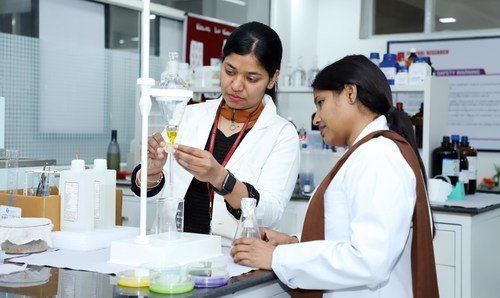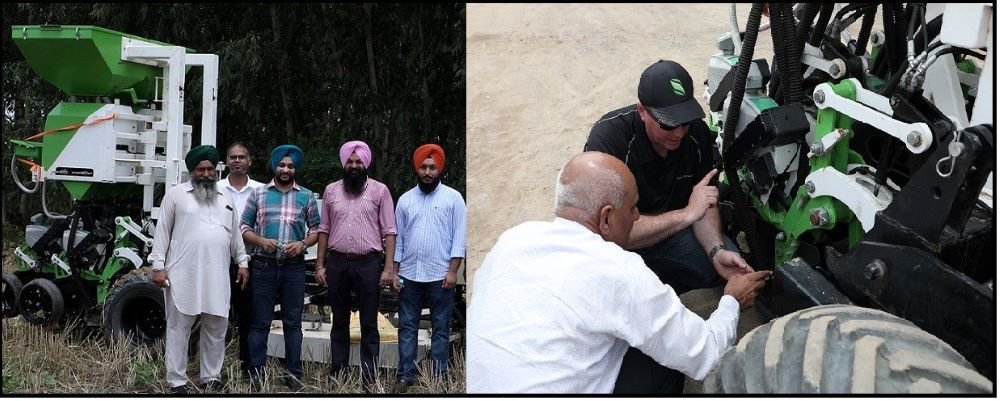Chandigarh University develops a bio-insecticide spray to protect fruits
Bio-insecticide will be effective in preventing the outbreak of fruit flies in guava and mangoes.
Dr Seema Ramnivas and Dr Divya Singh of the Department for Research and Development, Chandigarh University have developed a bio-insecticide spray, which will be effective in preventing rotting of fruits. While giving information about Bio Insecticides, Dr Divya said that the use of chemicals to control fruit fly is harmful to the consumers, as it leaves a toxic residue on the fruits. In such a situation, this bio-pesticide developed by the university will prove to be a boon for consumers and gardeners, because it will not cause any harm to health due to its biological nature, while it will be effective in preventing the outbreak of fruit flies.
Fruits like guava and mango are cultivated in various states of India including Punjab. Guava is cultivated in an area of 8,000 hectares in Punjab alone, but the horticulture sector has been severely affected by the attack of fruit bees (Bactrocera dorsalis) in the past few decades. Most guava growers face low yields during the rainy season due to infestations of fruit flies and insects. Especially during the rainy season, fruit flies cause a loss of 27 to 42 per cent to the gardeners, while they have to suffer up to 80 percent of the loss during the rainy season. If Punjab is considered, then farmers of the state have to suffer up to 70 percent loss in fruit production due to not taking proper measures.
Satnam Singh Sandhu, Chancellor, Chandigarh University said, “The bio-pesticide spray developed by the faculty of the university would prove to be effective in tackling the challenges faced by the fruit growers.” He further said that a budget provision of Rs 12 crore has been made by Chandigarh University to encourage its students towards research and as an institution. “We also have a responsibility towards the society and various projects have been started at the social level by the faculty and students of the university.”
Bio-insecticide will be effective in preventing the



